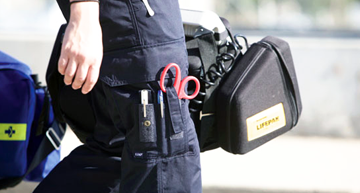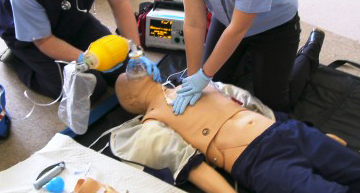
Who should enroll in ACLS training?
ACLS (or Advanced Cardiac Life Support) training is a specialized set of protocols created for medical professionals to administer to patients experiencing serious cardiac-related events. Specifically, doctors, nurses and EMT/Paramedics are required to take the course and receive certification every two years.
ACLS expands on the participant’s prior training in CPR and Basic Life Support (or BLS) needed for CPR certification. Students learn advanced skills like:
- Defibrillation
- IV use
- Drug protocols
- Intubation
- ECG analysis
Many healthcare professionals must be trained, certified and qualified to handle and number of major emergencies involving cardiac issues like arrhythmias and cardiac arrest, especially emergency medical personnel. ACLS certification trains medical professionals to enhance their existing CPR knowledge and teaches more advanced techniques.
This course has become more popular in recent years and most hospitals require nurses and doctors to be certified. They are often prohibited from working on the floor or in the field without current certification.















